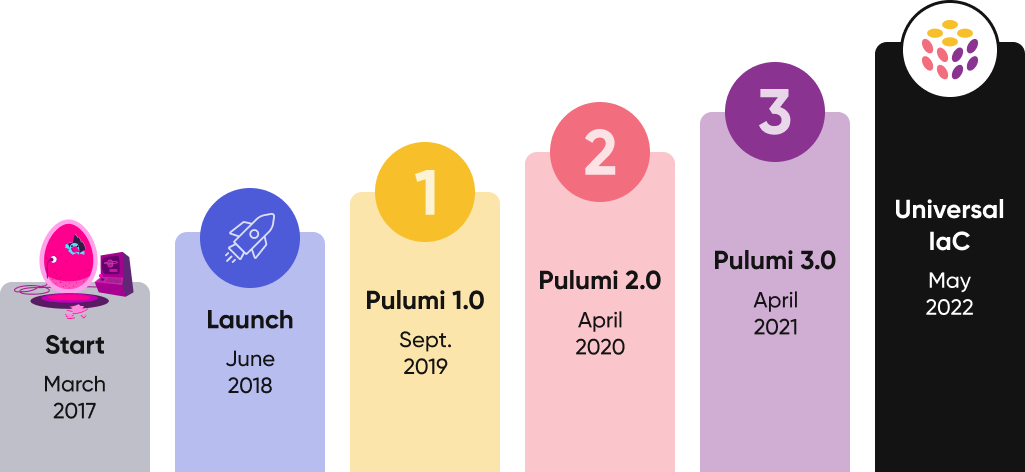Pulumi Java is Now Generally Available

One of Pulumi’s core Infrastructure as Code (IaC) features is the ability to model infrastructure using well-traveled, familiar general-purpose programming languages. Today, we’re thrilled to announce that Java, one of the world’s most popular programming languages, is now generally available in Pulumi. This release joins our existing first-class support for TypeScript, Python, Go, YAML, and C#, enabling Java developers to manage cloud infrastructure using the language they know and trust.



